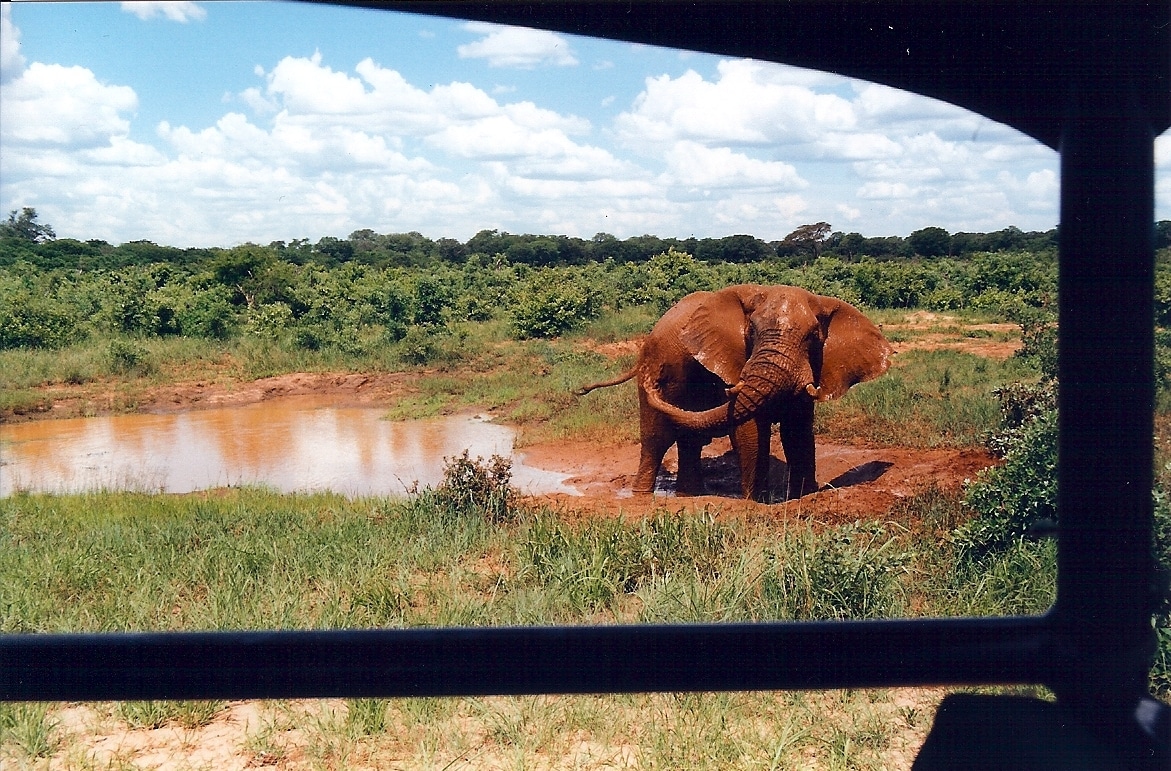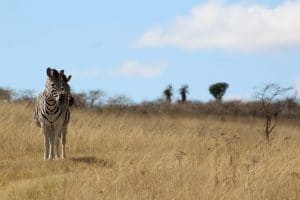The author, Hagen Denker, in an article that appeared on the NAPHA (Namibia Professional Hunters Association) website and its social media pages in 2019 observes “it is often claimed that “non-consumptive” tourism has a low impact and low carbon footprint on the natural environment.”, he asks the question: “But what does this actually mean? And how does this compare to “consumptive” tourism?”
The timing and context was related to the impending lifting of the hunting ban in Botswana, prompting a global discussion about the conservation importance of so-called non-consumptive or eco tourism.
States Denker: “Well-connected lobbyists of this “non-consumptive” tourism are doing all in their power to on the one hand discredit “consumptive” tourism, and on the other hand doing all in their power to create the notion that “non-consumptive” tourism is the sole way to save the natural environment and ‘do’ conservation. This discussion, which was fired up in Botswana, definitely also has relevance in other African countries, in our particular case Namibia.
Right from the onset it should be maintained that there is hardly one way to do conservation and that both “consumptive” and “non-consumptive” tourism can in fact co-exist without the need to slaughter each other in the process. In the same vein it is maybe high time to take a closer look at what the perceived consumption and non-consumption in tourism is about and whether these terms are accurate for either type of tourism.”



